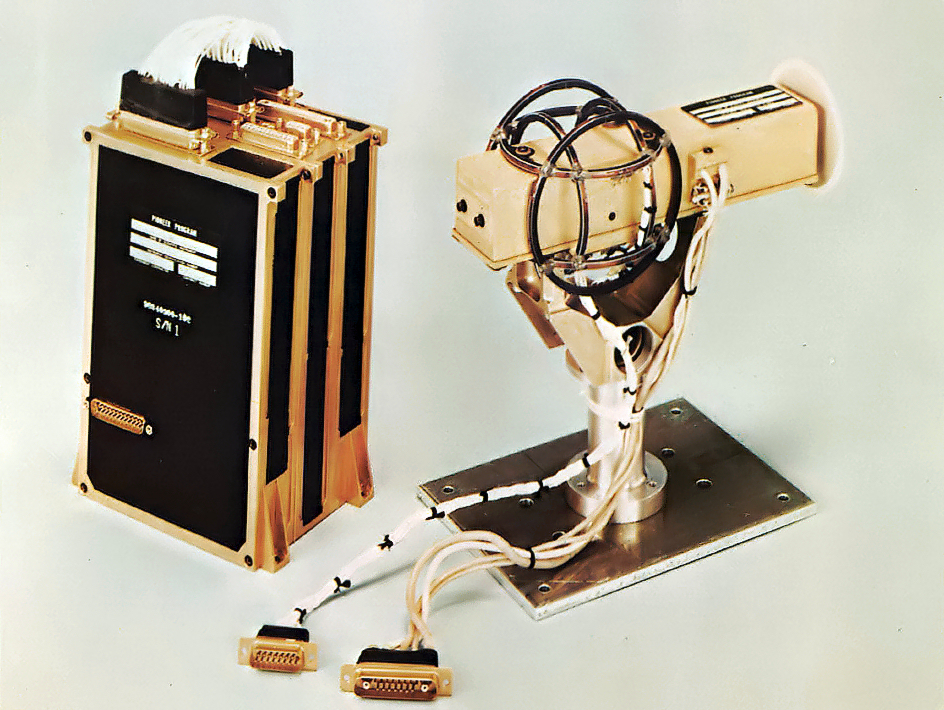|
Magnetogram
Magnetogram may refer to: * Solar magnetogram In solar observation, a magnetogram is a pictorial representation of the spatial variations in strength of the solar magnetic field. Solar magnetograms are produced by solar magnetographs. Some magnetographs only measure the absolute value of th ..., a pictorial representation of the spatial variations in strength of the solar magnetic field produced by a solar magnetograph * Survey magnetogram, a pictorial representation of the time-variation in the geomagnetic field produced by a survey magnetograph {{disambiguation Magnetic devices ... [...More Info...] [...Related Items...] OR: [Wikipedia] [Google] [Baidu] |
Solar Magnetogram
In solar observation, a magnetogram is a pictorial representation of the spatial variations in strength of the solar magnetic field. Solar magnetograms are produced by solar magnetographs. Some magnetographs only measure the absolute value of the magnetic field strength while others are capable of measuring the 3-dimensional magnetic field. The latter are referred to as '' vector magnetographs''. The measurements are usually done based on the Zeeman effect. The first magnetograph was constructed by George Ellery Hale George Ellery Hale (June 29, 1868 – February 21, 1938) was an American solar astronomer, best known for his discovery of magnetic fields in sunspots, and as the leader or key figure in the planning or construction of several world-lead ... in 1908. References Magnetic devices {{Sun-stub ... [...More Info...] [...Related Items...] OR: [Wikipedia] [Google] [Baidu] |
Magnetometer
A magnetometer is a device that measures magnetic field or magnetic dipole moment. Different types of magnetometers measure the direction, strength, or relative change of a magnetic field at a particular location. A compass is one such device, one that measures the direction of an ambient magnetic field, in this case, the Earth's magnetic field. Other magnetometers measure the magnetic dipole moment of a magnetic material such as a ferromagnet, for example by recording the effect of this magnetic dipole on the induced current in a coil. The first magnetometer capable of measuring the absolute magnetic intensity at a point in space was invented by Carl Friedrich Gauss in 1833 and notable developments in the 19th century included the Hall effect, which is still widely used. Magnetometers are widely used for measuring the Earth's magnetic field, in geophysical surveys, to detect magnetic anomalies of various types, and to determine the dipole moment of magnetic materials. In an ... [...More Info...] [...Related Items...] OR: [Wikipedia] [Google] [Baidu] |
